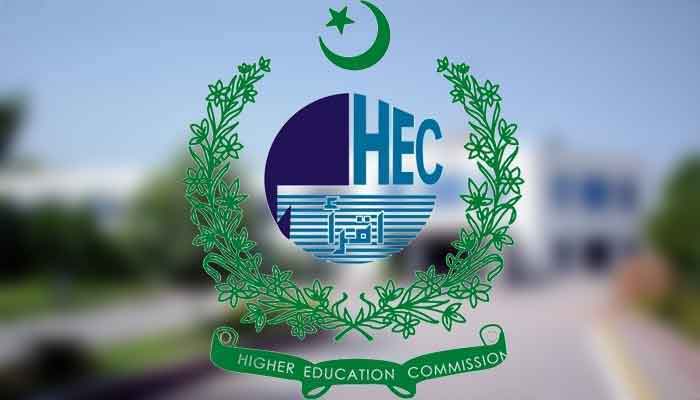Political Stability and Investment Behavior in Pakistan
Keywords:
political stability, Pakistan, ARDLAbstract
This study examines Pakistan's economic dynamics, emphasizing both
immediate and long-term influences by using the data from WDI during
2000 to 2023. ARDL model is employed to assess the short and long run
dynamics of the model. The results provide Pakistan's pursuit of
economic stability and growth, short-term variables including GDP
growth rate, political stability, and trade activity become critical factors
impacting immediate economic outcomes. Contrarily, variables like
inflation and foreign direct investment (FDI) have significantly lower
short-term importance, indicating a more gradual impact. Over an
extended period, the analysis highlights the durable impacts of foreign
direct investment, GDP growth rate, and political stability on
Pakistan's economic trajectory, indicating their pivotal functions in
promoting economic advancement. The research also emphasizes the
detrimental effects of inflation over the long run, underscoring the
necessity of efficient inflation control strategies.
Downloads
Published
How to Cite
Issue
Section
License
Copyright (c) 2023 Journal of Contemporary Macroeconomic Issues

This work is licensed under a Creative Commons Attribution-ShareAlike 4.0 International License.







